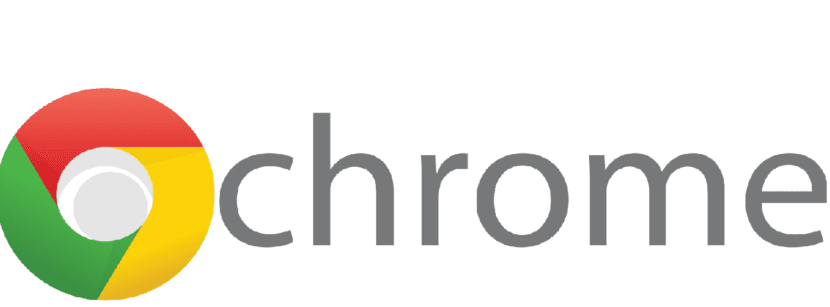
The announcements made by Google since the start of the I / O 2019 conference are many and varied. Google has added private browsing to Google Maps and YouTube to protect privacy, the Pixel family has grown with two new products, and the Google Assistant Duplex is online.
Yet in the case of the web, Google has announced the arrival of a new technology. According to Google, this is a new web platform API called (Portals) that aims to facilitate the loading and navigation of web pages by streamlining the browsing experience of users on your site.

Google has always said that there is a strong desire by its developers to improve web browsing, which includes faster and smoother navigation and more attractive page transitions.
Such is the case of AMP you have enabled many of these properties, although you also have several important restrictions, such as keeping users at the source of the AMP cache.
"We hope that the Portals API can address some of these concerns while offering another powerful feature for web developers," Google wrote in an explanatory document for the project.
Similarly we can remember the initiative that google has to eliminate the URLs since google felt that traditional web addresses or URLs should disappear for the sake of the Internet and it seems that the American company has already made its first in the realization of this project.

On
According to Google's description of technology, API It was created to allow seamless navigation between sites or pages.
In particular, this will allow one page to display another page as a space and a smooth transition between an insert state and a traversed state.
In other words, Google goes on to explain, the purpose of technology is to improve navigation by providing faster and smoother transitions on the web, while maintaining user privacy.
The company said that using the API it will be done through new html tags proposed.
These new tags, according to a Google expert, may in the future replace the already well-known tag which are now the standard for embedding content or embedding web pages with each other.
you should already retire for the sake of better web browsing
For the search giant, tags they have huge disadvantages.
«Before the labels , we could have made another page using a . We could have also added animations to move frames on given pages.
But with a label , you do not have the ability to explore its content. The tags They fill this gap, allowing for interesting use cases, ”Google said.
Its usage framework goes even further for facilitate the creation of single page apps (SPA) or multi-page apps (MPA).
The article in the presentation of the technology states that the labels offer the best of both worlds:
The low complexity of an AMP with the transparent transitions of a SPA. Think of them as a tool that allows integration, but Unlike , they also have features for navigating to their content, Google explained.
Another important thing to know is that the labels can be used in cross navigation as a tag .
For example, if you have multiple referring websites, you can also use the Portals API to create seamless navigation between two different websites.
This cross-origin use case is very tag-specific and it can even improve the user experience of the SPAs.
For now, only Chrome Canary supports this technology. However, Google hopes that in the future all web browsers (and not just those based on Chrome) will support the Portals API for more improved and optimized use of the web.
Source: https://web.dev/